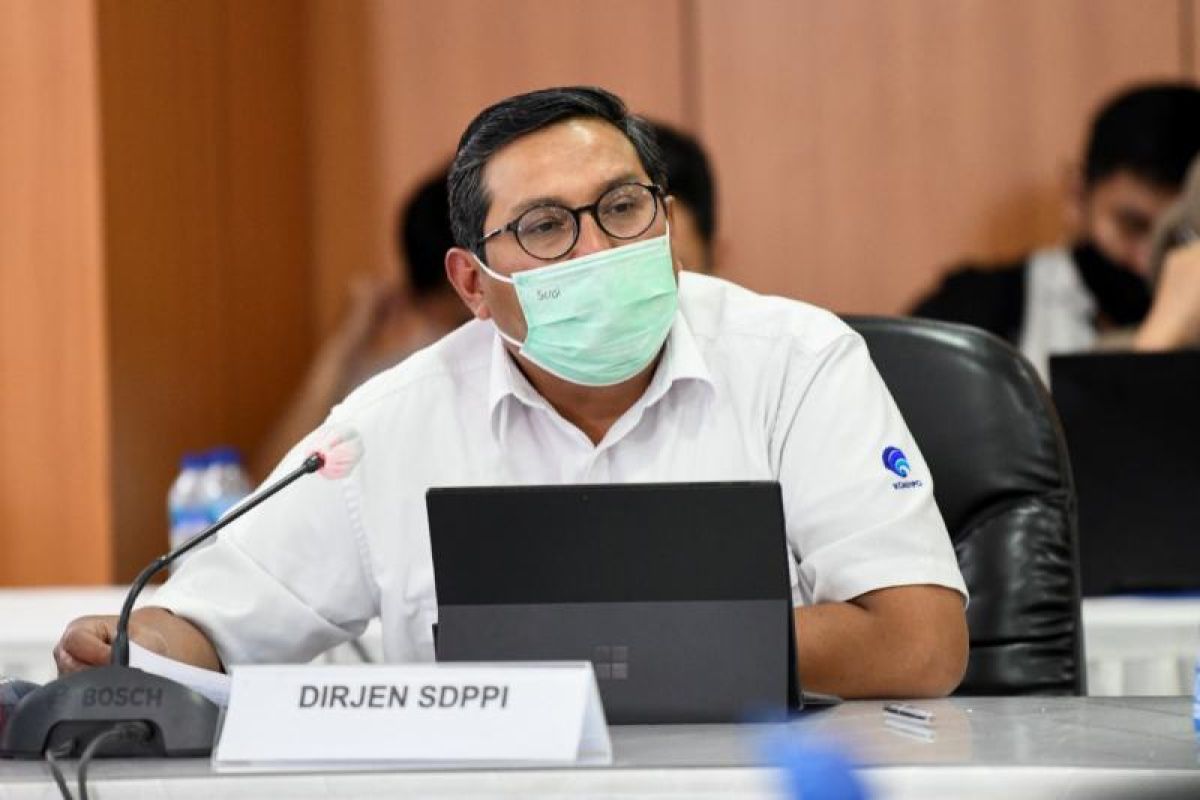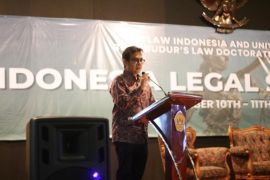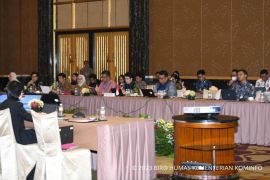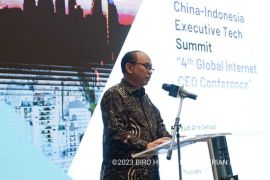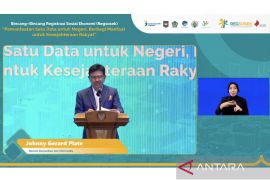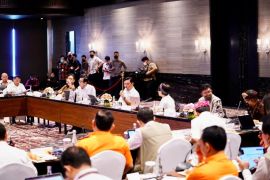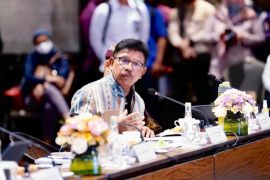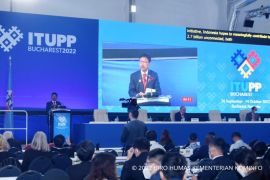Fixed broadband provides the returns to scale economic effect for developed countries, while mobile broadband provides accessibility to developing countries.Jakarta (ANTARA) - The Communication and Informatics Ministry has invited investment in broadband technology from the private sector to accelerate digital transformation as part of efforts to achieve the 2025 Broadband Targets set by the International Telecommunication Union (ITU).
"By 2025, all countries are expected to have universal broadband policies," Director General of Post and Information Technology Resources and Equipment at the ministry, Ismail, said in a press release issued on Saturday.
The policies must encourage everyone to gain online access, affordable broadband services, digital literacy and skills, digital financial services, as well as gender equality in accessing the services, he noted.
Furthermore, higher penetration of fixed broadband and mobile broadband could help build the ability to mitigate the risk of economic decline due to the COVID-19 pandemic, the director general added.
"Fixed broadband provides the returns to scale economic effect for developed countries, while mobile broadband provides accessibility to developing countries,” he noted.
Indonesia, as a developing country that comprises tens of thousands of islands, requires equitable access to connectivity, especially for household and industry sectors, Ismail said.
Related news: Government prioritizing equal internet access: Communication Minister
The country is facing three challenges to improving its digital sector -- connectivity, digital divide amid the pandemic, and digital infrastructure expansion, he added.
Hence, the government has drawn a 2021–2024 Digital Indonesia Roadmap to transform its digital sector and recover its national economy, he said.
Thus, the ministry is continuing to improve telecommunications infrastructure and strengthen data governance, including cross-border data exchange, he added.
In 2021, the ministry focused on increasing 4G network access in disadvantaged areas, encouraging the joint utilization of infrastructure among telecommunication providers, and launching 5G networks, Ismail informed.
The implementation of 5G networks in Indonesia is expected to increase investment in the country by Rp591 trillion by 2030 and Rp719 trillion by 2035, he said.
The technology will also generate an additional 4.6 million and 5.1 million jobs in 2030 and 2035, respectively, he added.
In 2022, the ministry will improve the development of local start-ups so that Indonesia can become a financial technology hub for Southeast Asia in 2023, he said.
Furthermore, the government will encourage the development of digital tourism in 2024, he informed.
Related news: Ministry delineates stakeholder roles in 5G rollout
Translator: Natisha Andarningtyas, Uyu Lim
Editor: Rahmad Nasution
Copyright © ANTARA 2021
